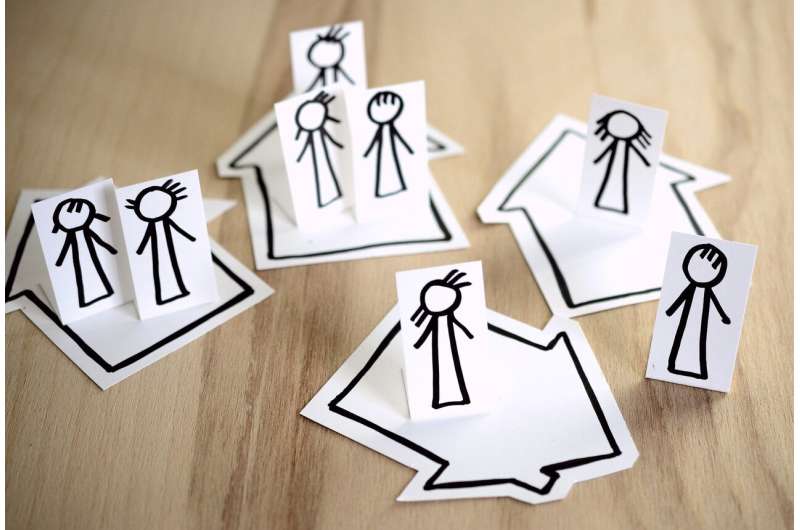How Children Develop Emotional Recognition: Key Cognitive Changes Uncovered

New research uncovers the key cognitive transition in how children develop the ability to read and understand emotional expressions, highlighting a shift from perceptual recognition to conceptual understanding during childhood.
A groundbreaking study conducted by researchers from Peking University’s School of Psychological and Cognitive Sciences, in collaboration with Professor Seth Pollak from the University of Wisconsin, sheds new light on how children learn to interpret emotions behind facial expressions. This research, published in Nature Communications, reveals that children transition from simply perceiving facial cues to genuinely understanding emotional states through a significant cognitive shift.
The study aims to answer why young children often struggle to recognize the emotions behind adult expressions. It highlights that the process involves two interconnected mechanisms: perceptual recognition of facial features and the application of conceptual knowledge about emotions. The research investigates how these mechanisms mature during childhood.
In its first phase, using EEG frequency tagging, the study found that children as young as five can automatically distinguish between basic facial expressions such as happiness, anger, fear, and sadness. These neural responses, observed in the temporo-occipital region, remain consistent across various ages. The second phase employed a word-similarity task, demonstrating that older children develop more complex emotional associations, like linking crying to multiple feelings.
Further behavioral assessments showed that younger children tend to categorize emotions broadly, mainly into positive or negative groups. As children grow, their ability to differentiate specific emotions improves, enabling a more nuanced understanding.
To analyze the developmental process, researchers used representational similarity analysis (RSA) and generalized estimating equations (GEE), revealing a clear shift: younger children rely primarily on perceptual cues, while older children depend more on conceptual understanding. This evolution from surface-level face perception to deep emotional insight underscores the importance of experience and learning in emotional development.
This research provides valuable insights into the cognitive processes involved in recognizing emotions and has significant implications for educational strategies, parenting practices, and interventions aimed at children with social-emotional difficulties. Understanding these developmental changes can help tailor approaches to support emotional and social skill development effectively.
Source: https://medicalxpress.com/news/2025-08-children-emotions-reveals-distinct-cognitive.html
Stay Updated with Mia's Feed
Get the latest health & wellness insights delivered straight to your inbox.
Related Articles
Implicit Bias and Its Effect on Prosocial Effort in Autistic and Non-Autistic Individuals
Societal stigma and implicit biases influence how much effort autistic and non-autistic individuals put into charitable actions, highlighting the importance of addressing unconscious attitudes to foster inclusivity.
Using Brain Imaging to Predict Success with Anxiety Management Apps
New research shows brain imaging can help identify young adults who will benefit most from digital anxiety management tools, paving the way for personalized mental health care.



